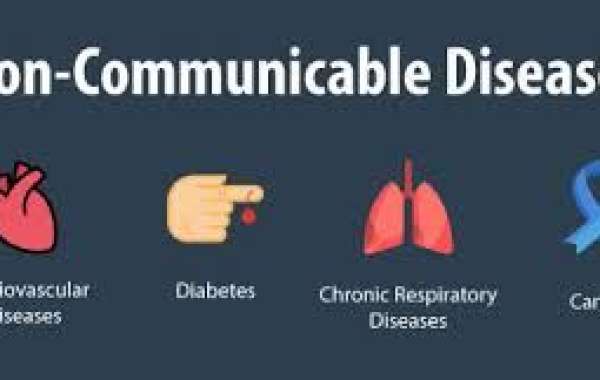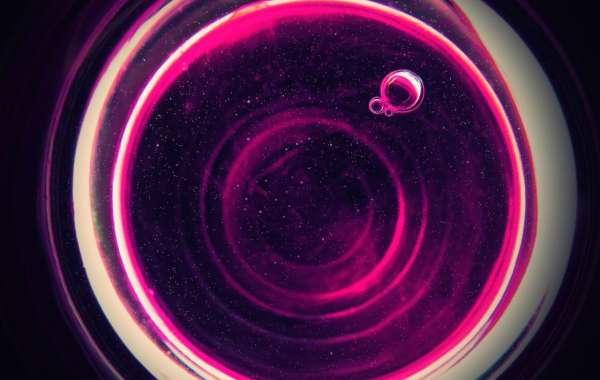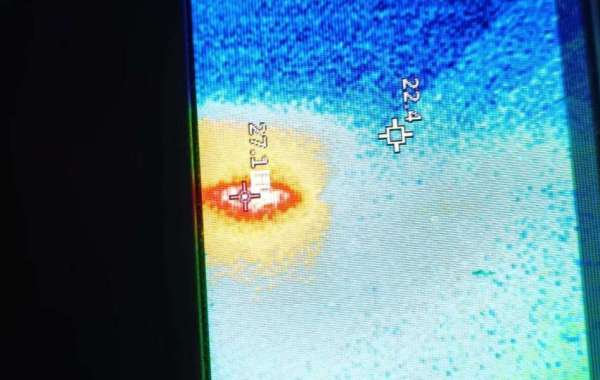Non-infectious diseases are health problems that do not spread from one person to another. They are usually long-term conditions that develop due to genetics, lifestyle, environment, or aging. These diseases are common around the world and can seriously affect a person’s quality of life if not managed properly.
Let’s explore the top non-infectious diseases, their causes, symptoms, and prevention tips.
1. Heart Disease
Cause:
Unhealthy diet
Lack of exercise
Smoking
High blood pressure
Family history
Symptoms:
Chest pain or pressure
Shortness of breath
Fatigue
Irregular heartbeat
Prevention:
Eat healthy (low-fat, low-salt)
Stay active
Quit smoking
Manage stress
2. Diabetes (Type 2)
Cause:
Poor eating habits
Overweight or obesity
Lack of physical activity
Family history
Symptoms:
Frequent urination
Excessive thirst
Tiredness
Slow wound healing
Prevention:
Exercise regularly
Eat balanced meals
Maintain a healthy weight
Get regular checkups
3. Cancer
Cause:
Smoking or tobacco use
Radiation or toxic chemicals
Unhealthy diet
Family history
Symptoms (vary by type):
Sudden weight loss
Lumps or swelling
Unexplained pain
Skin changes
Prevention:
Avoid tobacco and alcohol
Eat fruits and vegetables
Protect your skin from sun
Get regular screenings
4. Chronic Respiratory Diseases
Types: Asthma, COPD (Chronic Obstructive Pulmonary Disease)
Cause:
Air pollution
Smoking
Dust or chemical exposure
Family history
Symptoms:
Coughing
Wheezing
Shortness of breath
Chest tightness
Prevention:
Avoid smoking
Stay away from pollutants
Use air purifiers indoors
Take medications as prescribed
5. Stroke
Cause:
Blocked or burst blood vessel in the brain
High blood pressure
Smoking
Diabetes
Symptoms:
Sudden weakness on one side
Trouble speaking
Dizziness
Loss of balance
Prevention:
Control blood pressure
Exercise daily
Eat healthy
Limit alcohol
6. Osteoporosis
Cause:
Calcium or vitamin D deficiency
Hormonal changes
Aging
Lack of physical activity
Symptoms:
Bone fractures
Back pain
Loss of height
Stooped posture
Prevention:
Take calcium and vitamin D
Do weight-bearing exercises
Avoid smoking
Limit caffeine and alcohol
7. Alzheimer’s Disease
Cause:
Age-related brain changes
Genetics
Head injuries
Lifestyle choices
Symptoms:
Memory loss
Confusion
Mood changes
Difficulty solving problems
Prevention:
Stay mentally active
Eat brain-healthy foods
Socialize regularly
Get regular checkups
8. Hypertension (High Blood Pressure)
Cause:
Stress
Obesity
High salt intake
Inactive lifestyle
Symptoms:
Often silent
Headaches
Vision problems
Chest pain in severe cases
Prevention:
Eat low-sodium foods
Exercise 30 minutes daily
Limit alcohol
Monitor blood pressure regularly
9. Kidney Disease
Cause:
Diabetes
High blood pressure
Infections
Long-term use of painkillers
Symptoms:
Swollen ankles
Trouble sleeping
Fatigue
Changes in urination
Prevention:
Stay hydrated
Control blood sugar and pressure
Avoid overuse of painkillers
Get kidney function tests
10. Mental Health Disorders
Types: Depression, Anxiety, Bipolar Disorder
Cause:
Stress or trauma
Brain chemical imbalance
Genetics
Substance abuse
Symptoms:
Sadness or hopelessness
Panic or worry
Sleep changes
Mood swings
Prevention:
Seek therapy early
Talk to loved ones
Avoid drugs and alcohol
Maintain a balanced lifestyle
Health Tip
Many people dealing with chronic health problems often look for additional health support. For instance, fildena 100 reviews show how some men explore solutions for performance issues during long-term illness recovery. Always consult your doctor before using any medication.
Conclusion
Non-infectious diseases may not spread, but they can still impact your life deeply. The good news is that most of them are preventable or manageable with lifestyle changes. Stay active, eat well, sleep right, and go for regular health checks. Prevention starts with awareness.
Stay healthy. Stay informed.







